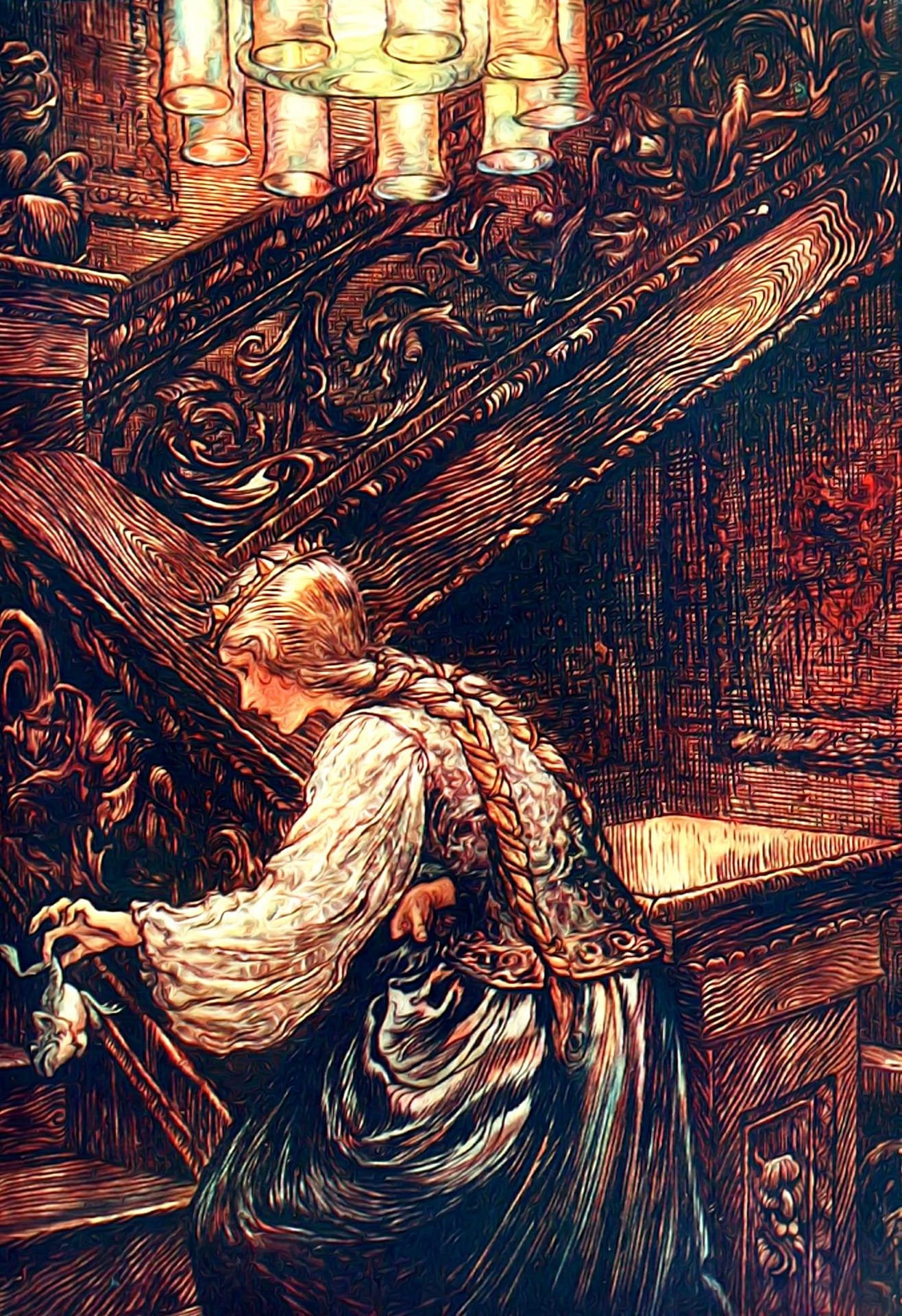Many of these supplications are resonant and timely, though the editors could have organized them a bit more sensitively. (It is a bit crude to feature prayers for the death of a pet immediately after those for the death of a child, as though equating those two experiences.) The poems suffer from a trendy form of God-talk (er, "Mother Godde" Talk, as the prayer on page 233 has it), featuring the usual buzzwords and images of feminist theology: weavings, prisms, prophetic imagination, the power of menstrual blood, croning, and diversity, diversity, diversity.
What diversity exists here is all ethnic and not a bit ideological; conservative or tradition-bound Episcopalians need not apply. They should not feel wholly oppressed, however; the book's final section offers prayers according to the liturgical calendar, and corporate prayers and liturgies for the church. Some of these are useful (like rites for those grieving after stillbirth and suicide), while others--such as a bizarre liturgy for a divorcing couple--are hopelessly ineffectual.

